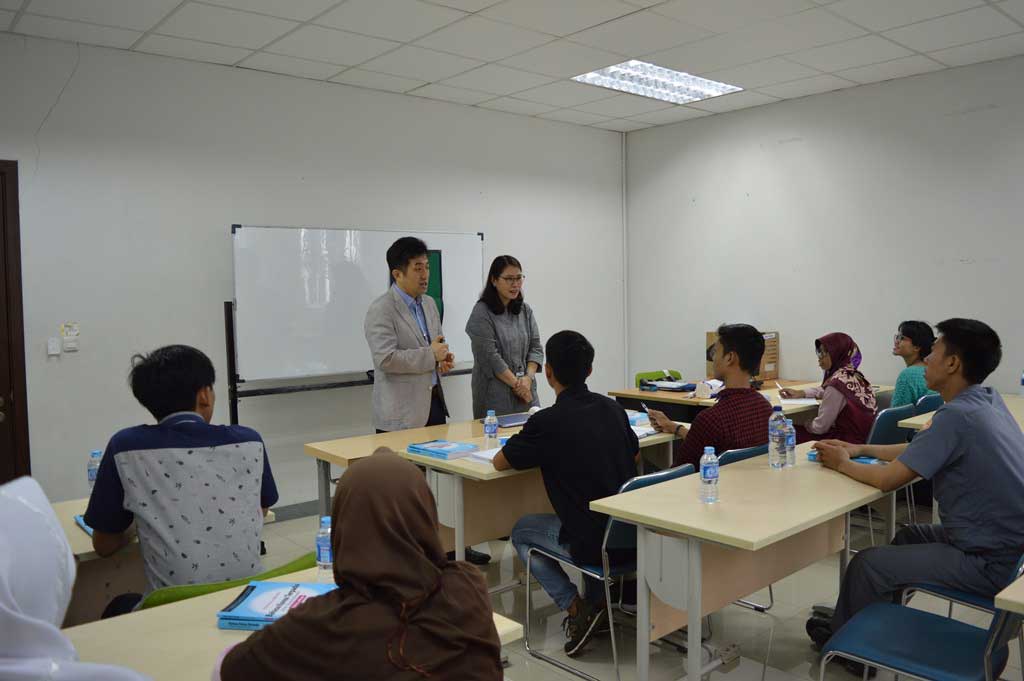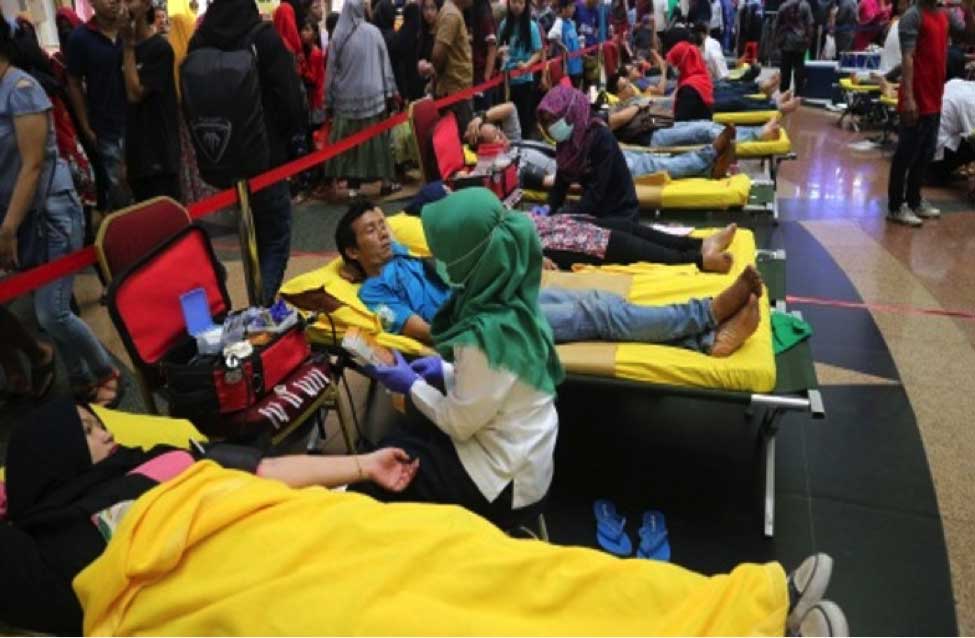 JAKARTA, June 16 – As a leader in the global fight against chronic non-communicable diseases, the government of Indonesia is partnering with a major chronic disease advocacy group to convene and co-host a high level ASEAN focused regional workshop on chronic disease.
JAKARTA, June 16 – As a leader in the global fight against chronic non-communicable diseases, the government of Indonesia is partnering with a major chronic disease advocacy group to convene and co-host a high level ASEAN focused regional workshop on chronic disease.
On June 21, the Indonesia Ministry of Health and the Partnership to Fight Chronic Disease (a U.S.-based NGO) will co-host: Meeting the Chronic Disease Challenge. The workshop will take place in Jakarta and will involve a number of international representatives including stakeholders from seven ASEAN countries. This event follows the WHO Regional Meeting on Health and Development Challenges of Non-communicable Diseases (NCDs) which was hosted by Indonesia in March of 2011.
The March WHO regional meeting produced the “Jakarta call to action” which set forth a series of recommended approaches to prevent and manage chronic, non-communicable diseases.
A number of these approaches will be examined and explored during the June 21 workshop, as participants will engage in four roundtable discussions covering the critical role of prevention, intervention, integrated disease management, and innovative partnerships in addressing the growing threat of non-communicable disease across Southeast Asia.
The WHO Global Status Report on NCDs estimates that in 2008 nearly 2.7 million people from ASEAN countries died from four major non-communicable diseases: cancers, chronic respiratory diseases, cardiovascular disease and diabetes.
In Indonesia, it is estimated that nearly 1.1 million people died from these non-communicable diseases in 2008.
Death and disability from chronic, non-communicable diseases exerts an economic burden in two ways: indirectly, through loss of productivity and income, and directly, through health system or household spending on chronic medical care, often of catastrophic proportions.
A Cameron Institute study on the burden of NCDs in ASEAN countries, currently underway, estimates that the total annual costs of NCDs to the Indonesia economy may be as high as $37.2 billion USD.
The Lancet, a well respected medical journal, recently published a study on the rise of non-communicable diseases in Southeast Asia, which estimates that 30 percent of all deaths from NCDs in ASEAN countries occur in people aged 15-59 years – a premature, preventable mortality in a highly productive age group.
In 2010, it is estimated than nearly 7 million people in Indonesia have diabetes. This number is projected to grow to 12 million by 2030.
Chronic, non-communicable diseases exert a tremendous economic and social burden within Indonesia and the ASEAN region. These diseases are preventable and manageable. The Indonesia Ministry of Health, Bhakti Husada and the Partnership to Fight Chronic Disease believe that by bringing together a variety of stakeholders and by sharing experiences and best practices, the economic and social burden of non-communicable diseases can be reduced.









Leave a Reply